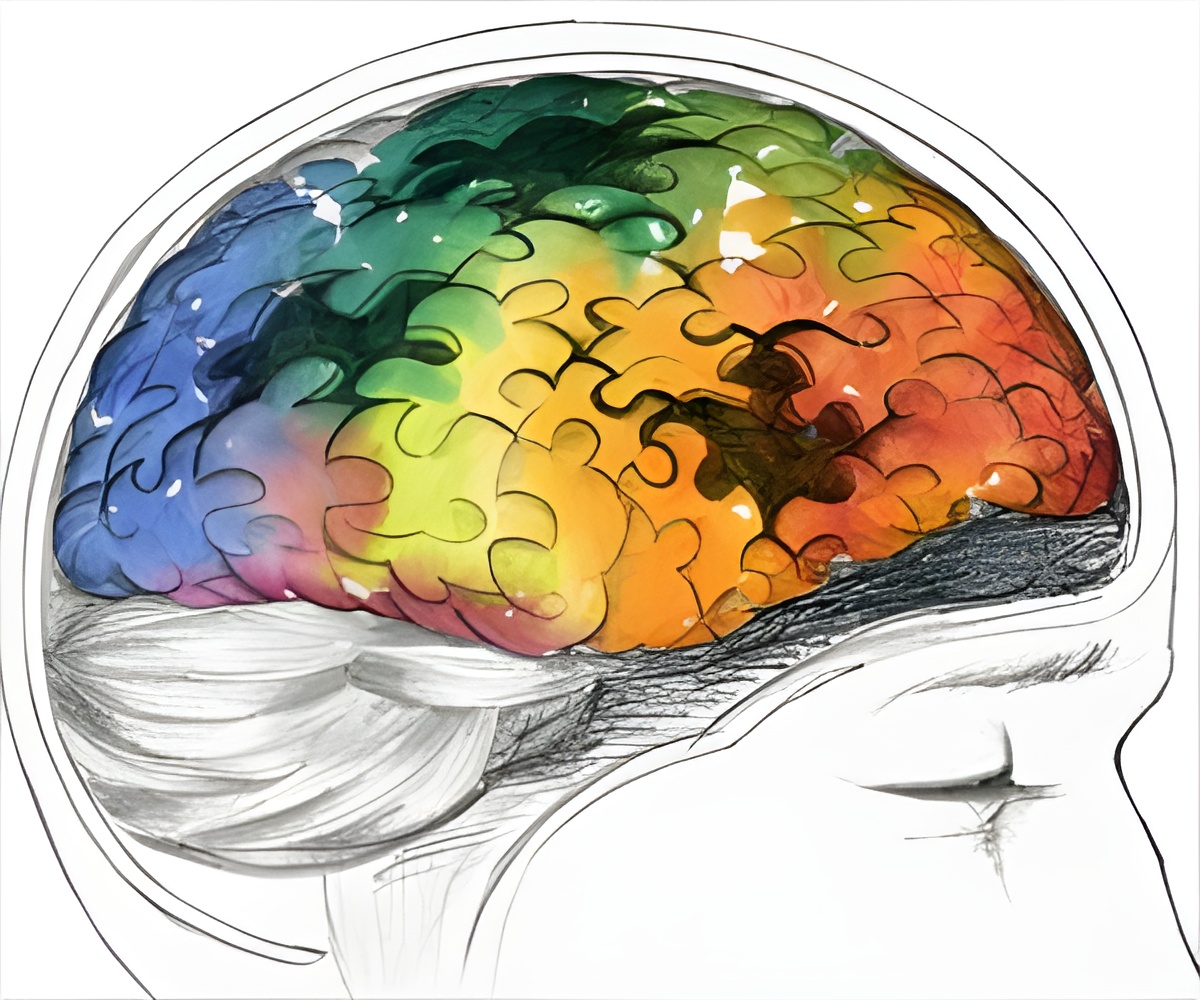
‘Targeting CHRM1 receptor activation and producing complex organic molecules could aid to treat Alzheimer’s disease and schizophrenia.’
Read More..Tweet it Now
A key problem in drug discovery is predicting whether a molecule will activate a particular physiological process. It’s possible to build a statistical model by searching for chemical patterns shared among molecules known to activate that process, but the data to build these models is limited because experiments are costly and it is unclear which chemical patterns are statistically significant. Read More..
"Machine learning has made significant progress in areas such as computer vision where data is abundant," said Dr Alpha Lee from Cambridge’s Cavendish Laboratory, and the study’s lead author. "The next frontier is scientific applications such as drug discovery, where the amount of data is relatively limited but we do have physical insights about the problem, and the question becomes how to marry data with fundamental chemistry and physics."
The algorithm developed by Lee and his colleagues, in collaboration with biopharmaceutical company Pfizer, uses mathematics to separate pharmacologically relevant chemical patterns from irrelevant ones.
Importantly, the algorithm looks at both molecules known to be active and molecules known to be inactive, and learns to recognise which parts of the molecules are important for drug action and which parts are not.
A mathematical principle known as random matrix theory gives predictions about the statistical properties of a random and noisy dataset, which is then compared against the statistics of chemical features of active/inactive molecules to distil which chemical patterns are truly important for binding as opposed to arising simply by chance.
Advertisement
The researchers built a model starting with 222 active molecules, and were able to computationally screen an additional six million molecules. From this, the researchers purchased and screened the 100 most relevant molecules. From these, they identified four new molecules that activate the CHRM1 receptor, a protein that may be relevant for Alzheimer’s disease and schizophrenia.
Advertisement
Making complex organic molecules is a significant challenge in chemistry, and potential drugs abound in the space of yet-unmakeable molecules. The Cambridge researchers are currently developing algorithms that predict ways to synthesise complex organic molecules, as well as extending the machine learning methodology to materials discovery.
The research was supported by the Winton Programme for the Physics of Sustainability.
Source-Eurekalert










